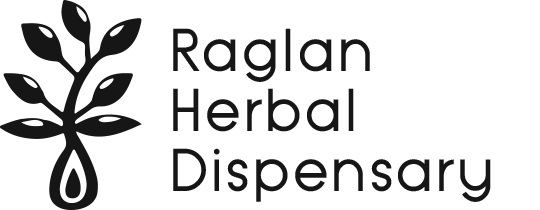
Natural Strategies for Managing and Preventing Long-Term Shingles Effects
Shingles, or herpes zoster, is a viral infection caused by the reactivation of the varicella-zoster virus. This condition results in a painful rash with fluid-filled blisters, typically appearing on one side of the body. The rash often follows a dermatomal pattern and is accompanied by symptoms like localized pain, intense itching, fever, and general discomfort.
That night, my condition worsened significantly. My entire thigh was burning with pain. Further research revealed that antiviral medications for shingles are most effective if taken within the first three days of symptom onset. I quickly started the antiviral treatment. Although shingles is often triggered by stress and weakened immunity, I didn’t feel more stressed than usual at that time. However, running a business during the busiest season and being unable to work certainly didn't help my stress levels!
Knowing I couldn’t afford to take more than a couple of days off work and aware of the potential long-term effects like nerve pain and fatigue, I sought out every supplement I could (in addition to the antivirals) to aid my recovery and prevent lasting issues.
Shingles Treatment
Here are the strategies I followed:
- Diet: Adopt a cold sore diet since shingles and cold sores are caused by related viruses. Avoid nuts and seeds high in arginine, which feeds the virus, and steer clear of simple sugars and chocolate that can depress immunity.
- Lysine: Focus on foods high in lysine and low in arginine, such as chicken, fish, fresh fruits, and vegetables.
- Supplements:
- High dose lysine
- High dose vitamin C for immune support
- Zinc to bolster the immune system
- Immune-supporting herbs like Echinacea and Andrographis
- Antiviral herbs such as St. John’s Wort, licorice, and Thuja (Note: These may not be suitable for those on certain medications or with high blood pressure)
- Homeopathic hypericum for nerve pain, safe for those on medication
- Alpha lipoic acid to prevent nerve damage
- Phosphatidylcholine to support nerve repair
- Vitamin B12 to help prevent nerve damage
- Traumeel cream and drops to reduce inflammation and support healing
- Fresh aloe vera gel for immediate cooling relief. Or our chickweed gel, which contains aloe vera.
After three days of intense pain and acute symptoms, I returned to work. One week after the onset, I felt 90% better, and two weeks later, you would never know I had shingles. I credit my rapid recovery to the supplements and dietary regimen I followed alongside the prescribed antiviral medication.
It’s important to note that not all supplements and herbs are suitable for everyone. Please consult a qualified healthcare professional here before starting any new dietary or supplement routine.



